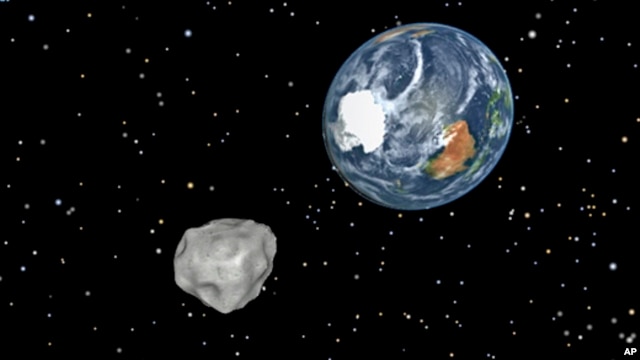- Jul 10, 2004
- 24,526
- 16,976
- 1,405
Congress got the word from NASA on Tuesday about its options for dealing with the threats posed by asteroids and comets: Lawmakers can either provide adequate funding for detecting and characterizing near-Earth objects, and diverting them if necessary or they can pray.
Threats from space are generally the stuff of science-fiction movies such as "Armageddon" and "Deep Impact," but members of the House Science Committee took a hard look at the realities during Tuesday's hearing, which came in response to the Feb. 15 meteor explosion over Russia as well as a close encounter that same day with a much bigger asteroid known as 2012 DA14.
The lawmakers didn't always like what they heard. The committee's chairman, Rep. Lamar Smith, R-Texas, told the panelists more than once that the progress report they delivered was "not reassuring." But representatives from both parties were receptive to the idea of putting more resources into the effort to counter cosmic threats.
Congress hears options for asteroid defense: Pay now or pray later - Cosmic Log
Threats from space are generally the stuff of science-fiction movies such as "Armageddon" and "Deep Impact," but members of the House Science Committee took a hard look at the realities during Tuesday's hearing, which came in response to the Feb. 15 meteor explosion over Russia as well as a close encounter that same day with a much bigger asteroid known as 2012 DA14.
The lawmakers didn't always like what they heard. The committee's chairman, Rep. Lamar Smith, R-Texas, told the panelists more than once that the progress report they delivered was "not reassuring." But representatives from both parties were receptive to the idea of putting more resources into the effort to counter cosmic threats.
Congress hears options for asteroid defense: Pay now or pray later - Cosmic Log




